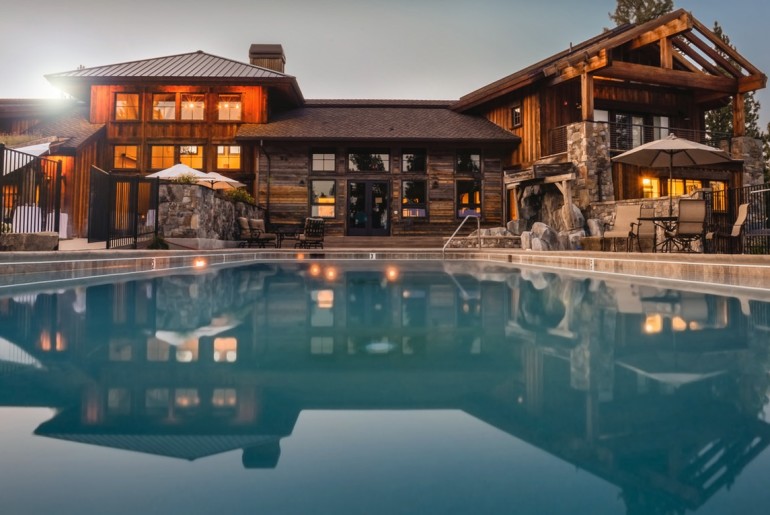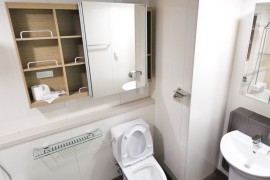We’ve all heard the bad landlord stories. When you searched for your first apartment years ago, you no doubt had friends who told you to stay away from a certain landlord because of X, Y, or Z.
When you become a landlord in your own right, you may think that you’re doing everything by the book. But you might be wrong. Doing things like keeping the security deposit without a good reason is shady, and it’s likely to make you unpopular in your local rental market. Even if you aren’t renting out the crawl space underneath your house (which is highly illegal, so don’t do that), you can still do wrong by your tenants. Here are three signs that you’re doing just that.
If you charge a lot of fees
Prospective tenants don’t want to feel like you’re using every possible excuse to get their money. If they wanted to pay extra for everything, they could just fly coach on an airline. As a landlord, you can do things like charge application fees, but be very careful about making the price too high. In most cases, you shouldn’t make it more than $50, and even that is pushing it in some markets.
Look around at what other landlords charge for application fees, but don’t use that as an excuse to treat your potential tenants poorly. Other landlords may charge a fee for a background check, but you should make every rental background check free. There are services that offer landlords background checks for little or no cost, so find one of those services and sign up for it.
If you’re getting a service for free, then there’s no need to charge applicants money. Why would you charge them money for something that doesn’t cost you anything? An ethical landlord wouldn’t, and you want to be as ethical as possible when dealing with future renters. What you do during the application process sets the tone for the entire length of the lease.
If you don’t communicate clearly
Here’s one thing tenants hate: getting a notice posted on their door about “repairs” that mentions no specific time. You don’t have to say, “We will be at your apartment at precisely 2:15 p.m. to check the pipes,” but you do need to give them a range whenever possible. Something like, “We should be working on this building between noon and 2 p.m.” is a lot more helpful than only saying “sometime tomorrow.”
A notice of 24 hours is standard in a lot of places, but not in every location. For instance, Seattle requires landlords to give at least two days written notice for things like repairs and inspections. If you want to show the unit to a potential buyer, then you only need to give one day’s notice. But make sure it’s in writing regardless of what local laws say. Misunderstandings are much less likely to occur if you go the written route.
If you don’t care about safety
A lot of corporations say things like, “Our first priority is employee and customer safety.” However, they’re usually saying this after something has gone wrong and someone got hurt, which means that’s a questionable assertion at best. You don’t want to be like that. You have a basic duty to provide a safe, habitable space for your tenants. In many cases, that includes making sure common areas are clean and safe as well.
If the outdoor stairs at your apartment complex are slippery and icy, send maintenance people out to salt the stairs. It’s the least you can do to ensure your tenants are both safe and comfortable. Winter is hard enough without asking someone to risk their health everytime they leave their unit.










Comments are closed.